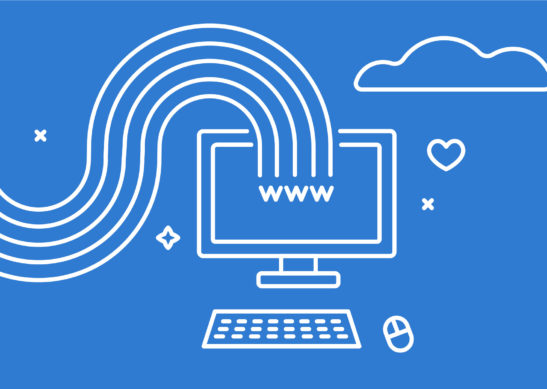Happy Birthday, America
It was a week that stood out for eye-popping valuations and a lack of gloom and doom over the end of targeting — not to mention free beer for all.
If that‘s not a sign of America coming back together to celebrate July 4th, we don‘t know what is.
Let‘s get started.
IP-whoas
It‘s mostly a coincidence, but it sure seems as though Wall Street threw a wild party right after Google announced your parents wouldn‘t be coming home until late 2023 — that is, cookies will be sticking around for two more years. There has suddenly been a slew of high-profile, pricey and well-received IPOs in the past week, ranging from Outbrain to Integral Ad Science to Taboola. This all comes just a few short years after headlines such as this one from The Wall Street Journal in 2015: “Ad Tech Firms Find Venture Capital Funding Is Running Dry” or this one from Business Insider in 2017: “Ad tech company Rocket Fuel sold for a fraction of its peak $2 billion valuation, and it marks the end of an era.”
Well, we‘re in a new era now, one where everyone seems to be getting rich, despite so much uncertainty over the fundamentals of the digital ad industry and the massive dominance of three companies in Google, Facebook and Amazon. Consider this line from the WSJ on July 2: “Four years ago, there were just a few public ad tech companies, and only one of them had a valuation of over $1 billion.”
That data is from Luma Partners, which is even publishing an Ad Tech Index to track the health of public adtech and martech companies.
What‘s going on here? Wasn‘t the entire digital ad industry talking about post-cookie, post-IDFA doom basically 10 days ago? Well, as the WSJ points out, there is a general exuberance for digital advertising overall, which grew exponentially during the pandemic thanks to surges in e-commerce and the overall acceleration of digitization/data-ization of all businesses. Plus, while some public adtech companies would seem to have real cookie worries (Criteo, Pubmatic), several of the new entrants like Outbrain and IAS hardly rely on cookies at all. And of course, there‘s the fact that right or wrong, many investors still don‘t totally understand this space.
The UID network
Of course, one of the companies that helped turn around the adtech IPO narrative was The Trade Desk, mostly because it has consistently performed each quarter in a way that Wall Street people like (Revenue up. Losses down, that sort of thing). More recently, The Trade Desk has been pushing hard into connected TV (CTV) while helping lead the development of the cookie alternative UID 2.0, which it eventually spun out. One question regarding UID hasn‘t been entirely clear, however — does it matter in CTV, which is not a cookie/browser-based world?
As Adweek put it: CTV never supported third-party cookies and has largely been without a standard identifier. Plus, the medium has given networks a way to forge direct-to-consumer relationships with viewers. All of this has created an identity vacuum on the home screen.
That may be changing, gradually. In February, the fledgling pay-TV service FuboTV announced support for UID, and this past week, Fox‘s Tubi and AMC followed suit. This trend doesn‘t necessarily mean the whole industry is about to follow suit — in fact, a few weeks ago, Procter & Gamble came out in support of an identifier being developed by OpenAP — the consortium owned by NBCUniversal, ViacomCBS and others. So a lot remains to be sorted out. But the good news is that TV is edging closer to better forms of targeting.
In the meantime, a different industry consortium is quickly taking shape. The SSP Magnite is leading a Publisher First-Party Segments Initiative that is aimed at helping publishers better arm themselves — and really turn their unique audience connections into an advantage. If the knock on publishers‘ first-party databases is that they are small on their own — particularly compared to the tech giants — the hope is that through this consortium, publishers will find strength in numbers. Magnite reports that 30 participants have signed on thus far — including CafeMedia.
Can I see some ID — and keep it forever?
It‘s been 25 years since “Independence Day” was released, and it only feels like it‘s been 25 years since you‘ve been to a normal summer barbeque (let‘s ignore Business Insider‘s take that grilling is bad). So Budweiser is promising to give everyone in America a free beer for July 4, and the King of Beers tapped Bill Pullman, the fictional president featured in the alien-invasion classic, to deliver the message, reports The Drum.
It‘s a fun spot and a worthy promotion given what we‘ve all been through. But of course, there‘s a catch. Bud — not traditionally much of a direct-to-consumer brand — wants your email address in exchange for the free brewski. It‘s a rather brilliant swing to gather millions of bits of first-party data for a marketer that has next to none. It also speaks to the desperate drive many brands feel to lean into first-party data and build as much independence from cookies and walled gardens as they can. So, cheers!
That‘s it for this week. Happy 4th! …see you next time.


